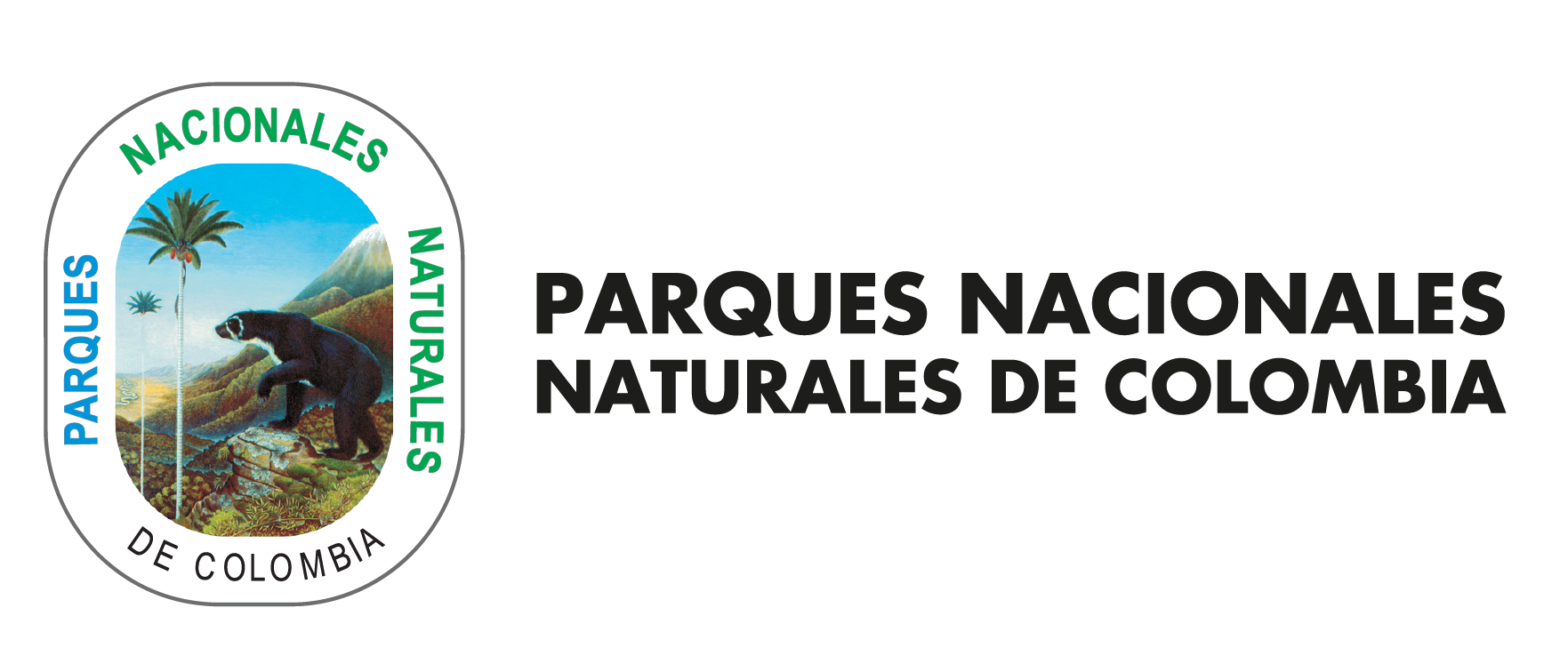
Colombia
Paisajes Sostenibles: Supporting the new integrated Colombian approach to territorial governance in sustainable, productive and resilient landscapes
Partners: Ministerio de Ambiente y Desarrollo Sostenible (Ministry of Environment and Sustainable Development), Herencia Colombia (HECO), System of National Natural Parks of Colombia (PNNC), Alexander von Humboldt Biological Resources Research Institute (IAVH), José Benito Vives de Andréis Marine and Coastal Research Institute (INVEMAR), WWF Colombia, Food and Agriculture Organization of the United Nations (FAO), European Union
Strategic Allies: Ministerio de Agricultura y Desarrollo Rural, European Forestry Institute (EFI)
Key thematic areas
Protection of biodiversity, ecosystem services and sustainable production in the Caribbean and Central Andes Landscapes, under a territorial governance approach.
Challenges
Although Colombia has political and regulatory frameworks for the environmental and agricultural sectors, an integrated approach is needed to overcome institutional and economic barriers to sustainable landscape management. By developing alliances based on multi-level governance initiatives that involve all relevant sectors, stakeholders and actors, a more sustainable governance model is possible – one that strengthens the potential of protected areas for local communities and economic development in a dynamic post-conflict context.
Goal
To promote an integrated approach to the territorial governance of sustainable, productive and resilient landscapes in Colombia’s protected areas in two prioritized landscapes: the Caribbean and the Central Andes.
Landscapes
Colombia has the highest number of species per square kilometer on the planet. With over half of its land surface covered by forests, territorial ecosystems – such as the páramo – play a major role in generating the country’s water supply and energy needs: 50% of Colombia’s energy production depends on water from the System of National Natural Parks, known as PNNC. The collective territories of Indigenous Peoples and/or Afro-descendent communities overlap with 53% of the PNNC, including more than 25,000 peasant families displaced by conflict. Poverty levels are high at 64%. The disarmament of the Revolutionary Armed Forces of Colombia – People’s Army (FARC) in 2017 opened up previously inaccessible natural areas to development. Deforestation almost doubled from 2013 to 2017, as has the area of land used to grow illegal crops. Post-conflict land tenure arrangements led to the fragmentation and degradation of ecosystems, and Colombia now has one of the highest levels of socio-environmental conflict in Latin America.
Approach
The project aims to promote the conservation and sustainable use of the country’s natural ecosystems. In partnership with the Herencia Colombia (HeCo) initiative, it will develop a new integrated approach for the territorial governance of sustainable, productive and resilient landscapes, seeking to reduce deforestation and degradation while promoting social inclusion. HeCo is a government initiative that will contribute to achieving national goals on climate change and biodiversity conservation, as well as the Sustainable Development Goals.
Specific actions
To develop ecosystem resilience through the sustainable management of landscapes in the Caribbean and the Central Andes, the project aims to: (i) improve territorial governance and advocacy through public policy; (ii) promote local sustainable development, particularly in light of the health and socioeconomic crisis generated by COVID-19; and (iii) strengthen HeCo’s financial platform in order to support landscape initiatives. By promoting socially and environmentally sustainable production models, the project will also support government economic-recovery proposals for food security, income generation and livelihoods.
The project is implementing specific actions in each of its intervention landscape. In their Andean landscape they support participatory restoration of high mountain ecosystems, improved production and the facilitation of marketing agreements for community initiatives related to the production of dairy, tubers and vegetables as well as tourism, and finally, support for the management of protected areas and their buffer zones. In their Caribbean landscape they are strengthening value chains related to tourism, fisheries, coffee and honey. They also support the formalization of commercial agreements and community enterprise. In addition, the project works on restoration and regeneration of mangroves and improvement in the management of protected areas. In both landscapes the project is strengthening governance and social inclusion, the consolidation of a financial sustainability platforms HeCo to provide leverage and guidance for investments, and the identification of bankable projects for the mobilization of financial resources for conservation.
Contact
María Isabel Ochoa Botero
Coordinator, Sustainable Landscapes Project – HeCo
FAO Colombia – Natural Resources and Governance Area
E-mail: maria.ochoabotero@fao.org











